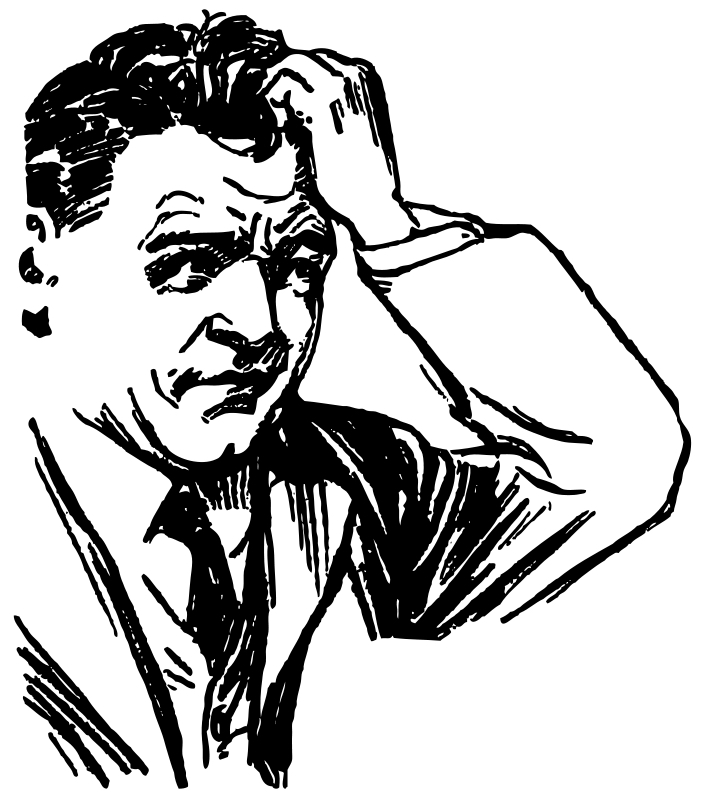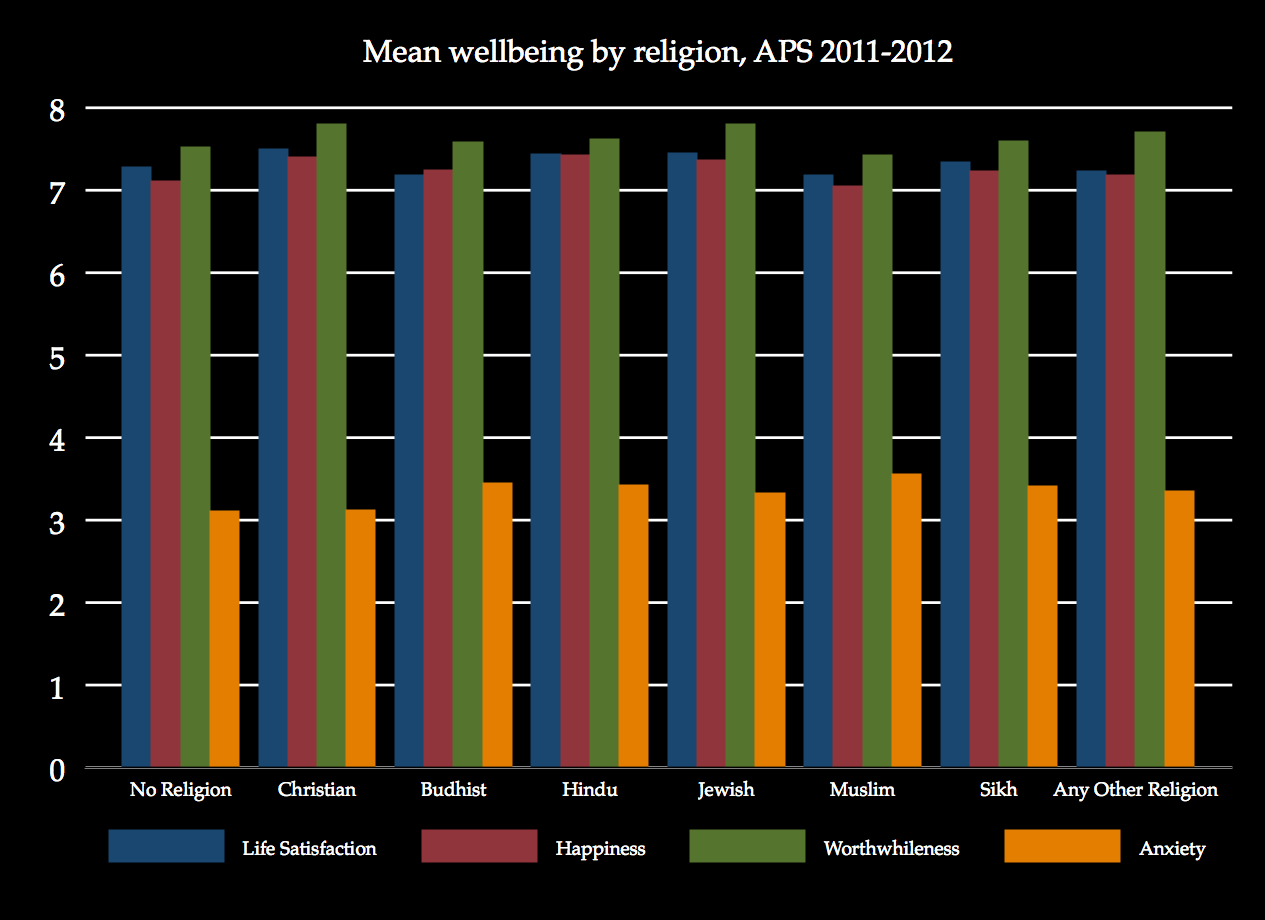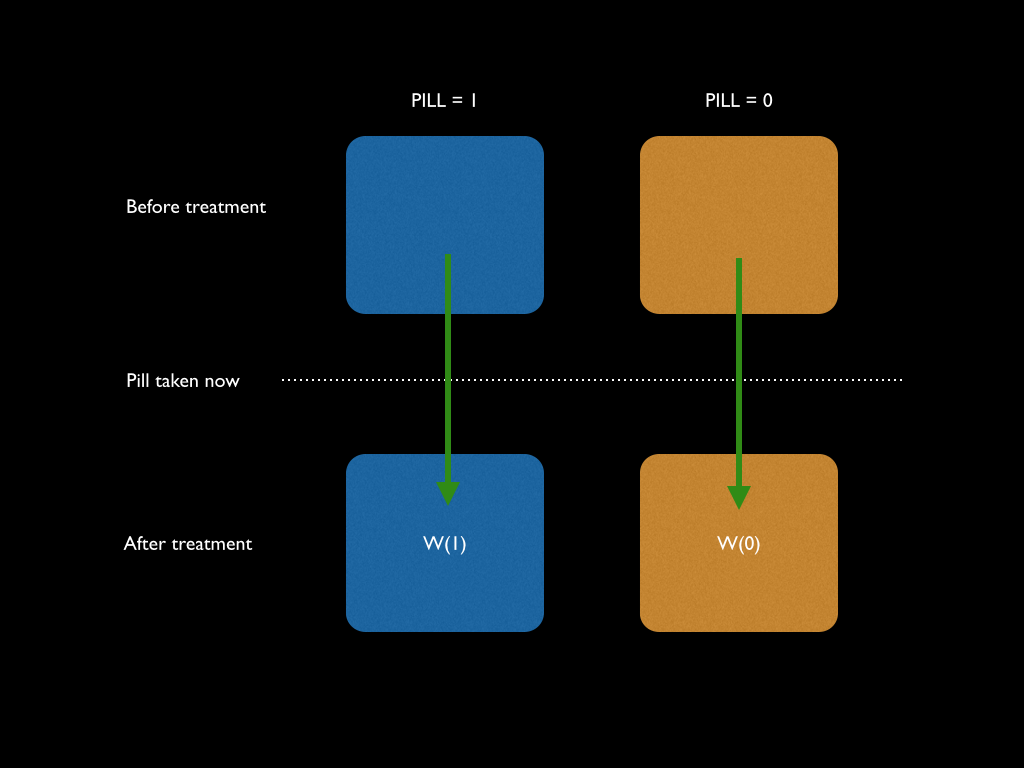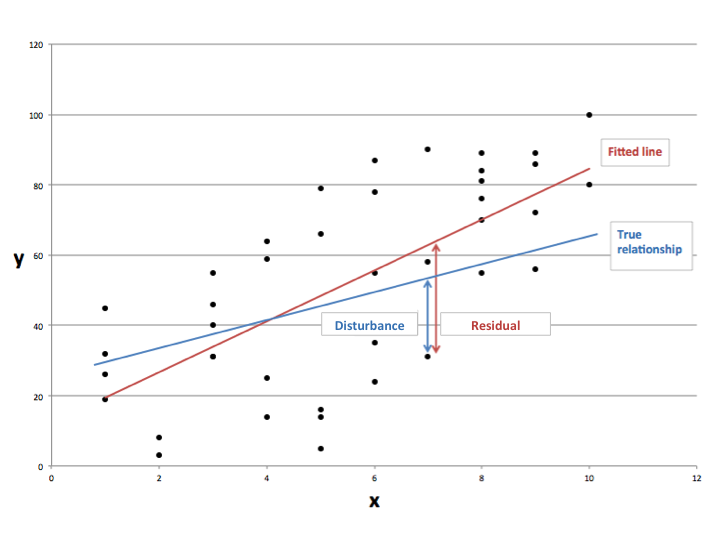I recall teachers using the phrase ‘economic intuition’ a lot around my early exposure to the subject. The more I thought about it over the years, the more I wondered what this mystical superpower was. Economic intuition. What the hell is it, exactly? By definition, intuition is the ability to understand or make sense of something without conscious reasoning. An instinctive ability, if you will. This is rather amusing, because a large proportion of economics is about as unintuitive as […]
In the 1970s, the motoring industry and legal world in the US was subject to the now famous Ford Pinto incident. Through a leaked memo, it was apparently discovered that Ford had realised that there was a design flaw with the car that could cause an explosion upon rear impact. To repair this, so the story goes, Ford could have spent $11 per car, but ultimately decided against it because it would have proven more expensive than any legal damages […]
I tend to shy away from discussions of a religious nature, because there is usually not much objective information exchanged. The only way, I say to myself, that I would touch the topic, is if there was actually some evidence that was not purely subjective or opinion-oriented in nature. However, I thought of an empirical question that interested me: does being religious and actively engaging in religious activity actually make people any better off in terms of their wellbeing than […]
Measuring the effect of an intervention, or ‘treatment’, is essential to the scientific method. It helps us to separate real relationships from spurious ones. But there are some pitfalls that cloud our ability to see the true effects of a treatment. Let’s try to understand these pitfalls using an explicit example. Suppose that we want to test the impact of a new fangled weight loss pill that has been released in only one town. The pill was only available at […]
My cousin and I both share the view that choosing friends or associations based on group attributes rather than individual attributes is a dangerous idea when aggregated. Rather than choosing to associate with others based on common interests, ideas, personality matches etc, there are many people that have a tendency to forge ties based on some stereotypical or socially constructed rule. The most obvious of these rules seems to be to gravitate around others of similar race or religion, though […]
Whilst watching a Mike Matei video on Super Mario 3D World (apparently the best game around at the moment), I noticed that he was hitting on a nerve. Watch the video above to listen to his argument. In summary, he is unhappy that after a few failed attempts at completing a level, you are given the option of using a ‘White Tanooki Suit’. This allows you to effectively become invincible for the rest of that level, taking all of […]
Economic growth and technological progress have brought us many privileges, especially in the last 200 years or so. Inventions like computers and the internet have indeed completely changed the face of the world. But we owe a lot to ideas such as specialisation of labour. The modern economy has basically evolved from a series of fragmented (and primarily self-serving) tribes into a giant machine with many gears to be oiled and turned. The idea is that each individual has turned […]
In 1981, Daniel Kahneman, along with his long-time sidekick Amos Tversky, wrote a study about a very smart experiment they did that exposed the lack of attention people give base-rates in quick mental probability calculations. It is now quite famous, and you might come across it in a mathematics, economics or psychology course these days. The Experiment A cab was involved in a hit and run accident at night. Two cab companies, Green and Blue, operate in the city. You […]
If you ever encounter some data in your life, you’re likely to come across a scatter diagram, which plots two variables against each other. You’re also quite likely to see a ‘line of best fit’ going through those points, which describes the apparent trend or correlation between the two variables, as suggested by the data points you’ve observed. It’s quite possible that in your early school days, you had to draw a line of best fit through some data by […]
I’d noticed recently that a few people had mentioned the expensive cost of housing in relation to the average salary in their area. So I was interested to find out which places were particularly bad in the grand scheme of things. To do this, I picked some major cities from around the (reasonably developed) world. I used payscale.com to get data for the median salaries for these cities, and predominantly numbeo.com for data on housing. Methodology Initially, I thought I’d […]
In high school, I remember thinking how our grading system was a total farce. We weren’t graded on ‘results’, allegedly. Instead, our teachers gave us a grading based on our ‘effort’. There were 5 grades in total: C – Commendable G – Good S – Satisfactory D – Disappointing U – Unsatisfactory To me this was complete nonsense, because effort is not observable! What the teachers did was to look at the end product, and use that to infer some […]
Back when the Ultimate Fighting Championship (UFC) was in its infancy, there were very few rules. Ex-presidential candidate John McCain actually described it as the human equivalent of a cock fight, and to be fair to him, the lack of rules made for a rather unsavoury spectacle in some cases. One of the most notable cases in question happened in UFC 4, when strikes to the groin were completely legal. It saw Keith Hackney punch Joe Son (in the photo) […]












